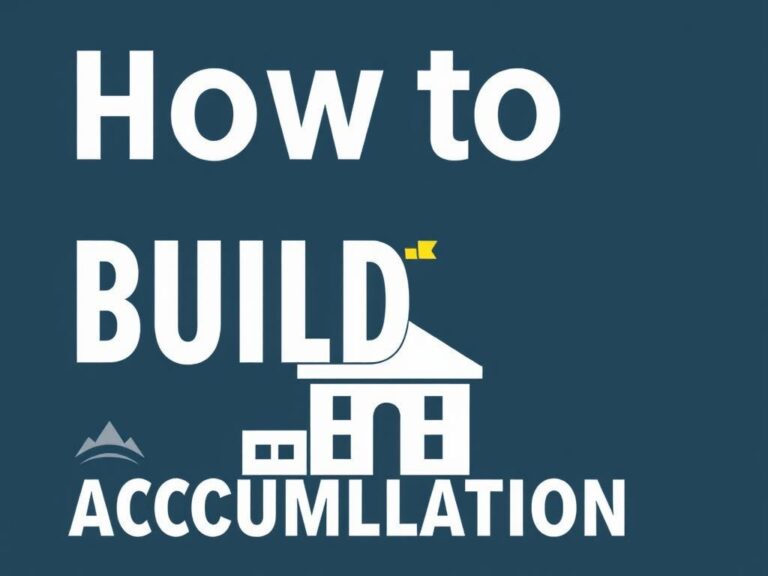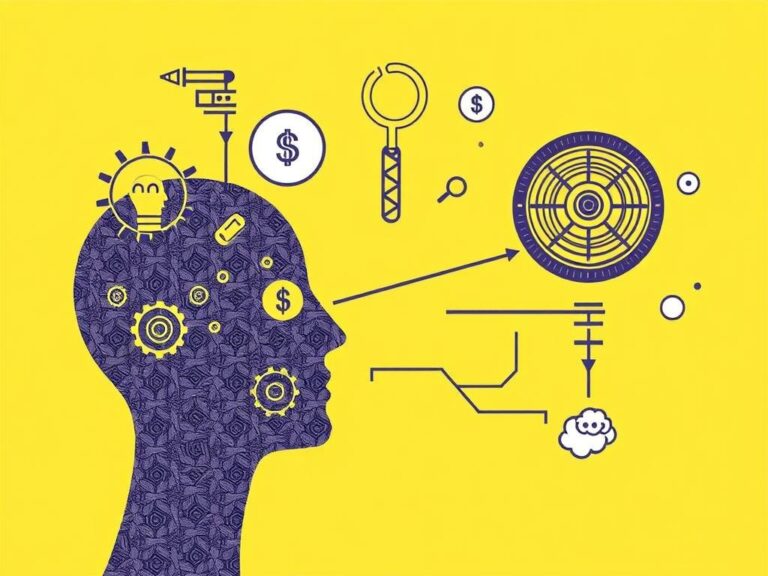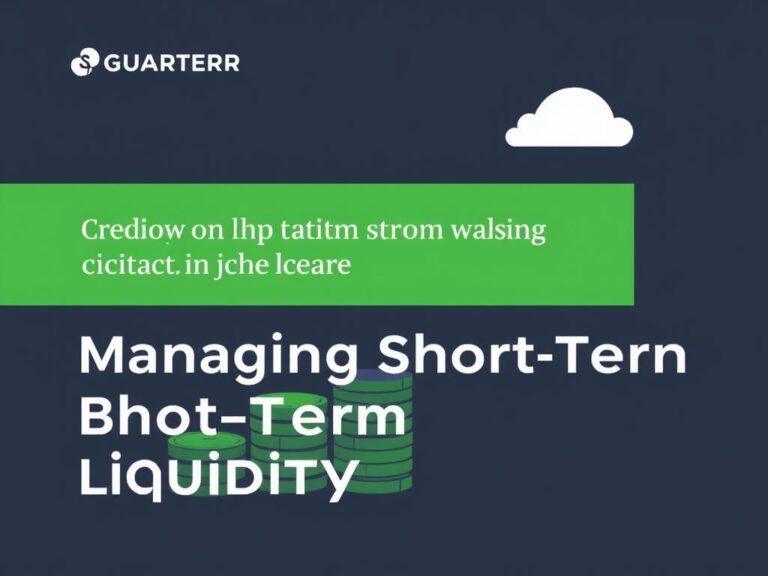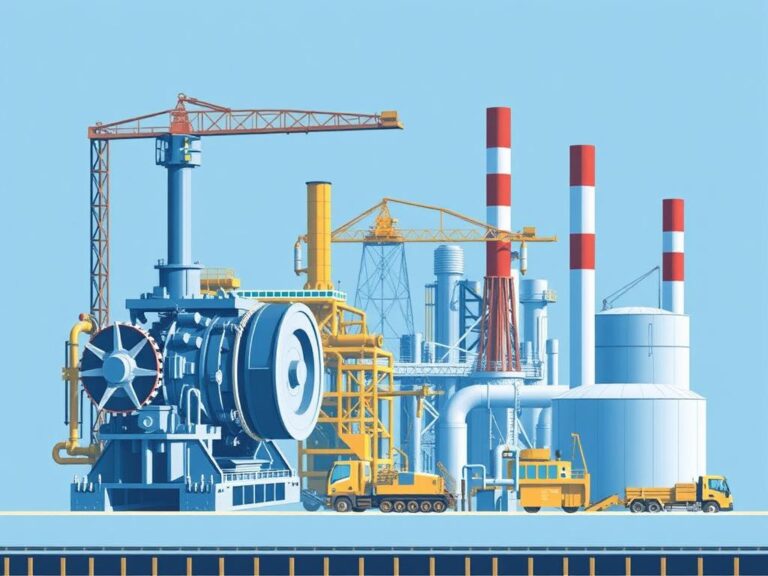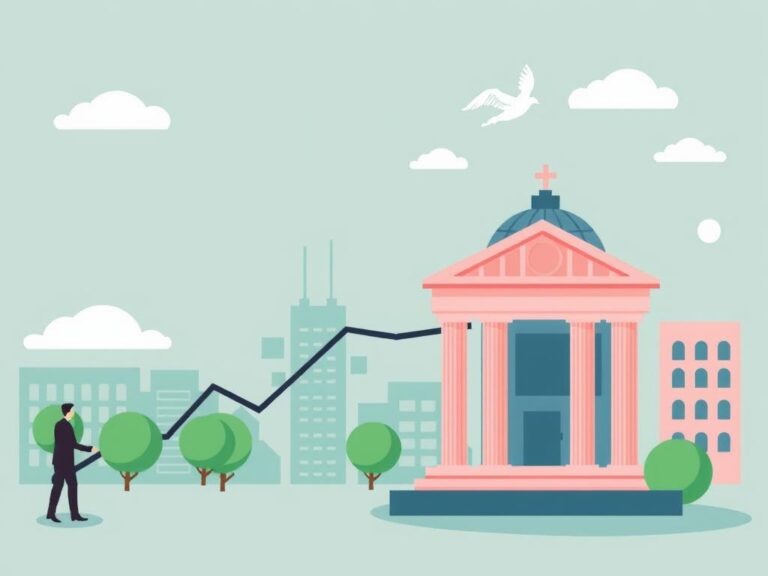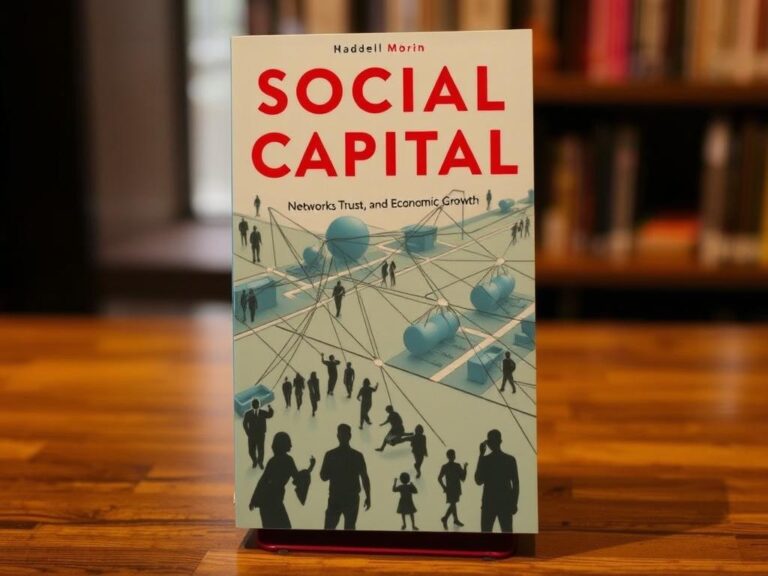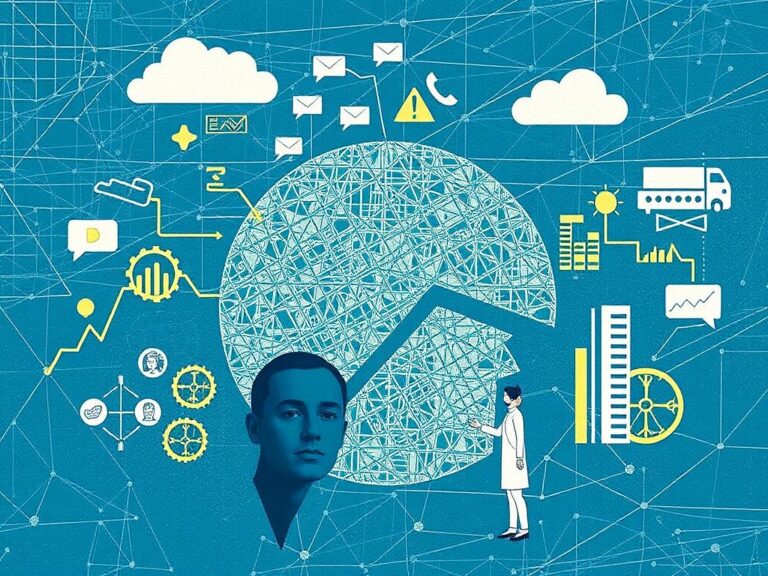How to Build Capital: Strategies for Wealth Accumulation
Building capital is a goal many of us strive for, but it often feels like an uphill battle without clear guidance. Whether you are starting with a modest income or already have some savings tucked away, understanding effective strategies for wealth accumulation is crucial. Capital, simply put, is the foundation that allows you to create…

